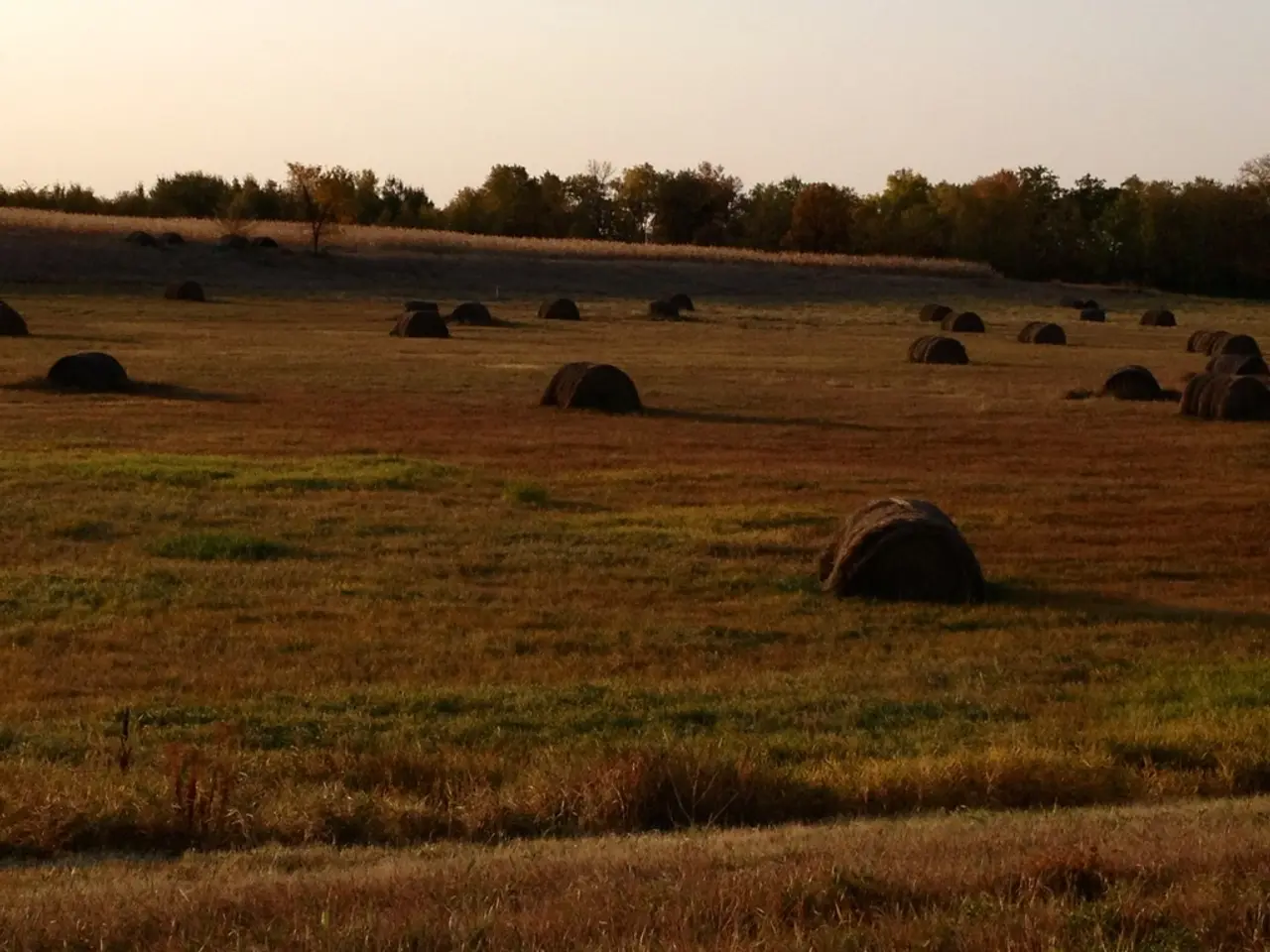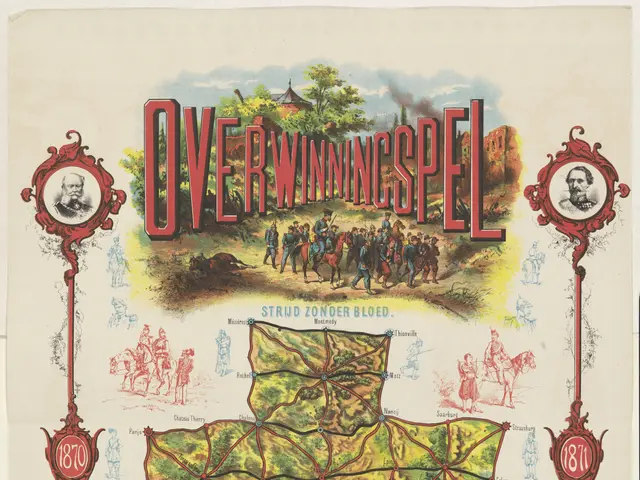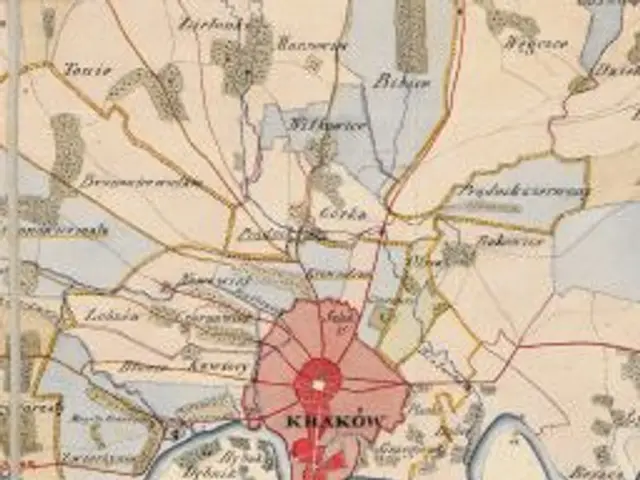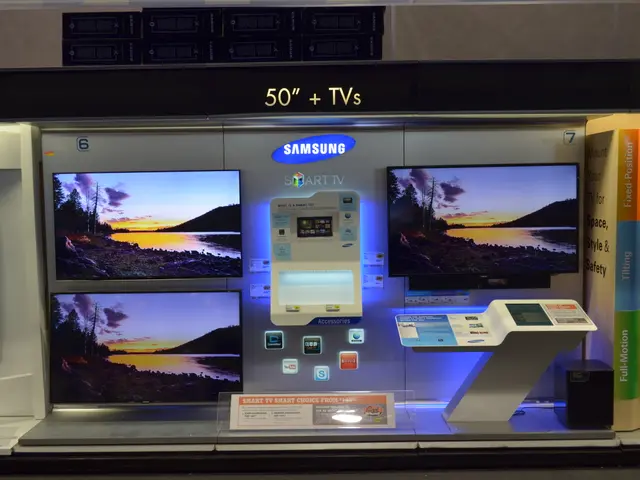Increasing Restrictions on Tent-Dwellers
Camping Legally in Germany: A Guide for Responsible Outdoor Enthusiasts
Wild camping, or setting up a tent, camper, or van in nature without explicit permission, is generally forbidden in Germany. This is due to the need to protect private land, prevent overcrowding, manage waste problems, reduce noise pollution, and safeguard flora and fauna.
The fines for wild camping vary depending on the state. In Bavaria, the fine can reach up to 500 €, while in Mecklenburg-Vorpommern, it can be as high as 5,000 €. In Brandenburg and North Rhine-Westphalia, the fines can range from 800 € to 1,000 €, depending on the duration.
However, there are ways to enjoy camping in Germany while respecting the laws and the environment. One option is to camp on private property with the landowner's permission. Another is to use officially designated "Biwak" or minimal-impact camping sites.
To minimize environmental impact, it's essential to follow a few guidelines:
- Camp away from water sources, trails, and protected habitats.
- Use a small, lightweight tent to minimize ground disturbance.
- Avoid lighting fires; use a portable stove instead.
- Pack out all your trash and avoid leaving any waste behind.
- Stay only one night to reduce impact.
- Follow the Leave No Trace principles strictly.
For those who prefer a more organised camping experience, there are alternatives to wild camping in Germany. These include Alpaca Camping, Campspace, Landvergnügen, and Park4Night.
For those who need to cook while camping legally, the BOXIO Cook is an ideal solution for cooking on a private place or camping site without a large camping kitchen. For those who need to manage their equipment while on the road, a compact Eurobox system from BOXIO can help keep everything organised.
In emergencies, bivouacking (overnighting under the open sky without a tent) is partially allowed in Germany, but only in specific circumstances and never in nature reserves.
Remember, it's crucial to research the rules for the specific region or national park you intend to visit and seek permission when possible. Wild camping outside designated areas or private land without permission risks fines or legal action.
By following these guidelines, outdoor enthusiasts can enjoy a camping trip in Germany while respecting the law and the environment, ensuring a sustainable and enjoyable experience for all.
- By considering home-and-garden alternatives like Alpaca Camping, Campspace, Landvergnügen, and Park4Night, other outdoor-living enthusiasts can explore travel opportunities in Germany while adhering to local regulations.
- To delve deeper into sports during camping trips, consider substituting a traditional camping kitchen with portable solutions like the BOXIO Cook, allowing for outdoor cooking on private places or designated camping sites.
- For sports-betting enthusiasts seeking adventures, incorporating sports-themed activities into a home-and-garden lifestyle, such as camping trips or outdoor living experiences, can offer unique opportunities for wagering during travel and outdoor-living escapades.





